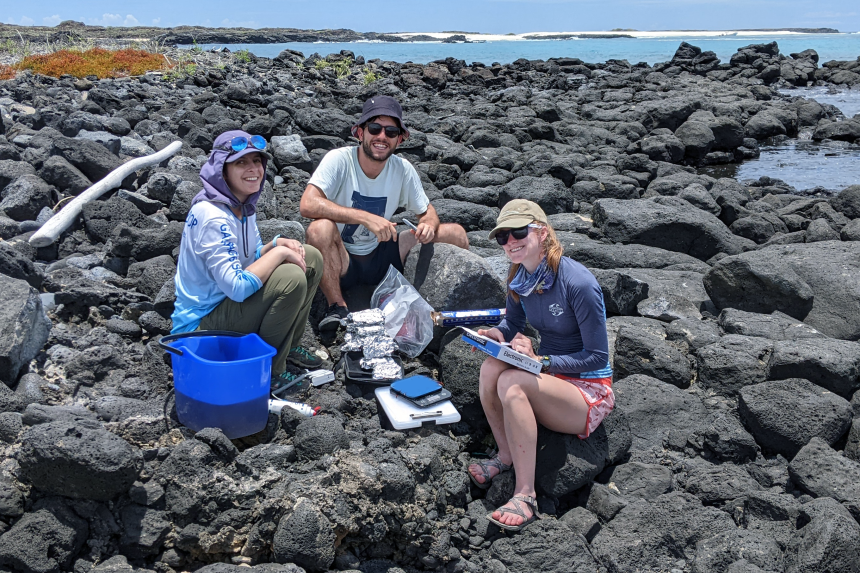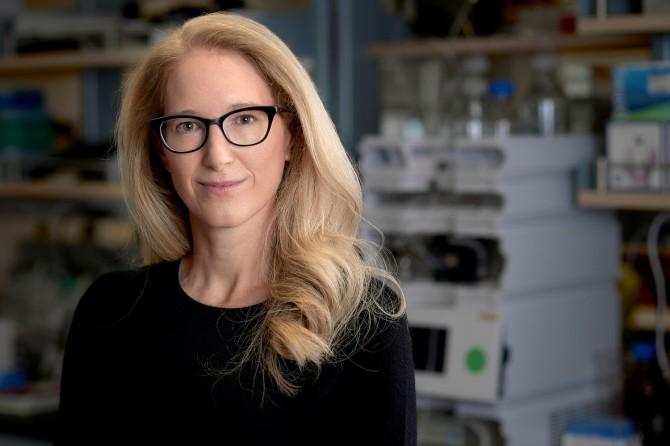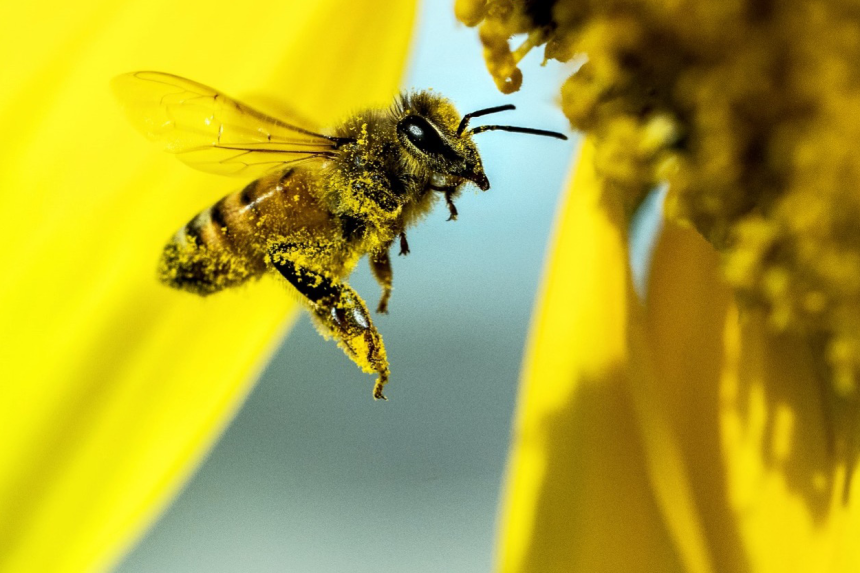In the News

For Your Information
October 07, 2022
This perspective piece, co-authored by Cornell's Dr. Robin Radcliffe, highlights how wildlife health is an important part of the North American Model of Wildlife Conservation, which guides wildlife management and conservation decisions in the U.S. and Canada, and is vital to its future.

September 07, 2022
Poultry health, harmful algal blooms, and Kenyan fishing communities—you might be wondering, how exactly are these concepts linked? Join me on the tale of my summer in Kenya, where I was exploring these topics....

September 01, 2022
In a large-scale effort to reduce human infectious diseases and conserve human and animal life, researchers have collated and reviewed the evidence for 46 solutions that aim to advance the United Nations’ Sustainable Development Goals.

July 19, 2022
Decision-makers discussing landmark agreements on health and biodiversity must include four actions to reduce the risk of animals and people exchanging viruses.
July 15, 2022
This spring, Cornell University College of Veterinary Medicine students in the class Veterinary Practice: Public Health created a variety of communication materials explaining zoonotic diseases.

June 24, 2022
The equatorial sun is fierce and radiates off the field of lava rocks that make up the rugged shoreline. My co-investigators and I are swiftly processing twenty Sally Lightfoot crabs that were collected from the nearby rocks. For each crab we individually identify them, measure dimensions, obtain a body weight, perform a physical exam, and count a heart rate to assess their health....

June 15, 2022
Cornell's Dr. Kathryn Fiorella seeks to ensure the health of fisheries by taking into account the nutritional and livelihood needs of the people who depend on them.

June 02, 2022
Raina Plowright, a world-renowned ecologist and epidemiologist who studies the mechanisms that drive the spillover of pathogens between species, has joined the College of Veterinary Medicine. Her transdisciplinary work demonstrates that preserving and restoring wildlife habitats can stop pathogen spillover by minimizing contact between infected wildlife and potentially susceptible livestock or human hosts.

May 20, 2022
by
Karyn Bischoff (emeritus)
I have an affinity for bees. I came by it honestly: my grandfather was a beekeeper. Upon his death decades ago, I was allowed to take a few small keepsakes from his home; one of my choices was his beekeeping book, “The Hive and the Honey Bee, Edited by Roy A. Grout.” His copy was printed in 1954, but the history of the book dates a 101 years earlier (authored by Langstroth) and continued through 2015 (edited by Graham)....

May 05, 2022
Cornell veterinary student Laura Donohue, DVM '22, showcases her artistic talent and passion for animals in a new book, "Wildlife Health and Disease in Conservation," featuring >100 illustrations depicting common wildlife disease cycles and their social, cultural and economic influences.
